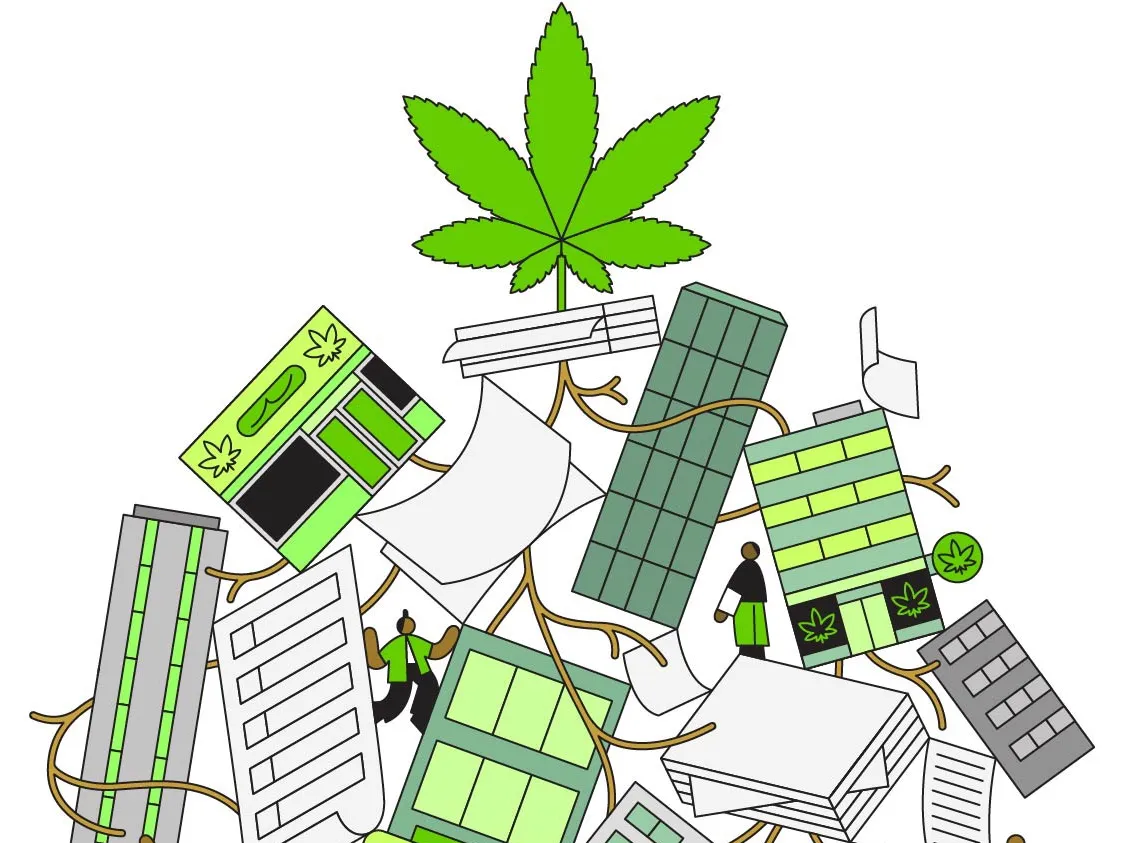A recently released survey taken among more than 470 marijuana users seems to indicate that some 80% of them obtain all or most of what they consume from state-licensed retailers. But something doesn’t make sense here. So many people reportedly purchasing from licensed establishments doesn’t line up with real-world sales. So what is going on?
The survey in question was conducted by NuggMD, a cannabis telehealth platform. Right off the bat, one needs to consider that the majority of the platform’s users are medical cannabis patients. It wouldn’t be surprising to learn that the lion’s share of patients obtain medical cannabis from licensed dispensaries. But the medical market is completely different from the recreational market.
Buying Medical Cannabis
Utah is one of dozens of states that have approved medical cannabis but still ban recreational marijuana. Cannabis patients in the state must purchase their medicines from state-licensed medical cannabis pharmacies, like Beehive Farmacy in Brigham City. Purchasing on the black market is both discouraged and illegal.
Now, imagine you are a medical user in Utah responding to a survey asking where you buy product. The chances are pretty high that you’re going to purchase from Beehive Farmacy or one of its competitors. You will not go through the hassle of seeing a doctor and getting your medical cannabis card only to turn around and purchase on the black market. If the black market were your thing, you would not bother getting your medical card.
On the other hand, consider someone looking to use cannabis medicinally in California. The Golden State has one of the largest legal marijuana markets in the country. Given that any adult can purchase recreational marijuana without needing a special card or seeing a doctor, one needs to wonder how many medicinal users purchase marijuana through the recreational market.
That leads to another consideration: California’s black market continues to outperform the legal market. And in fact, the black market exploded when California legalized recreational marijuana.
California Isn’t Alone
California is seen as the epicenter of the marijuana black market because so many illegal operations exist there. But they are not alone. Other states have similar problems with illicit operators. Consider New York. Black market retailers got several years head start entrenching themselves in the Empire State after lawmakers legalized recreational marijuana without first having a legal framework in place.
As a result, the state is still trying to catch up. Enforcement against illegal operators has barely made a dent in the black market. And just as in California, users in New York will purchase their marijuana from whoever sells it the cheapest. Quite often, that means black market operators.
The Survey’s Many Shortfalls
Skepticism led me to read the entire NuggMD survey for myself. I am glad I did so. I discovered several shortfalls which call the entire thing into question. For example, a number of survey respondents reported purchasing marijuana from retail outlets without knowing whether those outlets are actually licensed.
The survey also did not account for where retail establishments are getting their product from. If it is sourced from the black market, it is still illicit. Selling illicit marijuana in a licensed store does not suddenly make the product legal.
Finally, NuggMD acknowledged that their survey probably over-sampled medical users who have every incentive to purchase their marijuana from a state-licensed dispensary. Yet without an adequate sample of recreational users, there is no way to definitively justify the survey’s numbers. Their numbers just do not add up with real-world sales in states like California and New York. At least not in my mind.




